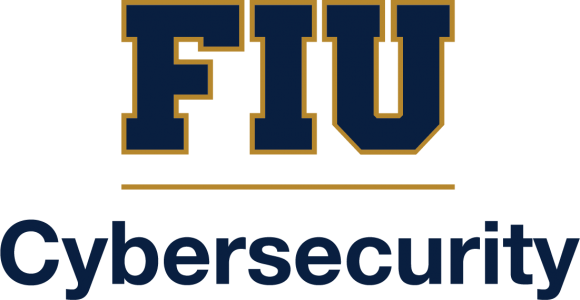MONDAY, MAY 8th 2023
| 09:00-12:30 |
TU1: Application of Reinforcement Learning to Computer Networks Room: 144 Speakers and presenters:
Kohei Shiomoto, Tokyo City University, Japan
Alessio Sacco, Politecnico di Torino, Italy
Okwudilichukwu (Marshall) Okafor, Saint Louis University, USA
Flavio Esposito, Saint Louis University, USA
Guido Marchetto, Politecnico di Torino, Italy
|
Abstract: As data-driven networking is appearing as a key factor in our community, we believe the NOMS attendees may benefit from an in-depth analysis of common tools, frameworks, and best practices to apply Reinforcement Learning (RL) methods in common networking problems. Similar to other classes of Machine Learning algorithms (i.e., supervised and unsupervised learning), RL requires a dataset to learn. Unlike them, however, reinforcement learning assumes a situation in which an agent takes action to obtain a reward from the environment and uses a series of episodes to train a model that can obtain higher rewards at each step. We believe that implementing this class of algorithms requires more attention and can lead to circumstances that are more difficult to troubleshoot than in supervised/unsupervised learning.
The tutorial will start with an introduction to the basics of reinforcement learning, its main concepts, and its implementation tools. In light of its peculiarities, a specific context will be provided to understand the modeling aspects and how to adapt it to computer networks. We will provide a practical overview of how these concepts can be combined with network problems, pointing out issues that may arise. Two main use cases will be considered: intelligent data transfer and TCP congestion control. The tutorial also includes a hands-on exercise in Python programming and RL libraries. Special attention will be given to the model analysis, data evolution, RL algorithms monitoring, and overall application performance. Virtual Machines (VMs) will be provided to the participants along with appropriate instructions for installation and launch on VirtualBox.
Biographies:
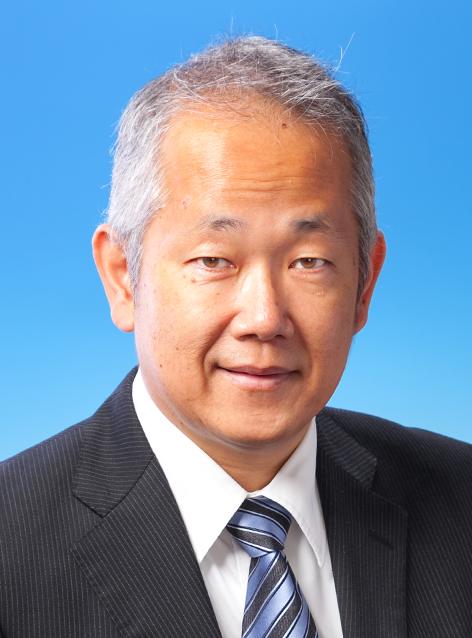 Kohei Shiomoto
Kohei Shiomoto
Kohei Shiomoto is Professor of Tokyo City University, Tokyo Japan. From 1989 to 2017, He was engaged in research and development of high-speed IP and optical networks architecture, traffic management and analytics at NTT Laboratories. From 2017 to present, he has been engaged in research and education in data science and computer network at Tokyo City University. He published 70+ journal papers and 130+ reviewed international conference papers. He published 6 RFCs in IETF. He received his B.E., M.E., and Ph.D degrees in information and computer sciences from Osaka University, Osaka in 1987, 1989, and 1998. He is a Fellow of IEICE, a Senior Member of IEEE, and a member of ACM.
 Alessio Sacco
Alessio Sacco
Alessio Sacco is an Assistant Professor at Politecnico di Torino. He received the M.Sc. degree (summa cum laude) and the Ph.D. degree (summa cum laude) in computer engineering from the Politecnico di Torino, Torino, Italy, in 2018 and 2022, respectively. His research interests include architecture and protocols for network management; implementation and design of cloud computing applications; algorithms and protocols for service-based architecture, such as Software Defined Networks (SDN), used in conjunction with Machine Learning algorithms.
 Okwudilichukwu (Marshall) Okafor
Okwudilichukwu (Marshall) Okafor
Okwudilichukwu (Marshall) Okafor is currently a graduate student in the Computer Science Department at Saint Louis University, Missouri United States. He is also a 2021 Global Graduate Scholar at Saint Louis University (SLU). Before joining SLU, Marshall was the Team Lead of the Information Technology Support Unit at Layer3 Nigeria Ltd, a prestigious IT company in Nigeria. His research interests include Cloud, Virtualization, Software-Defined Data Center (SDDC), Software-Defined Networking (SDN), Python programming, and IoT.
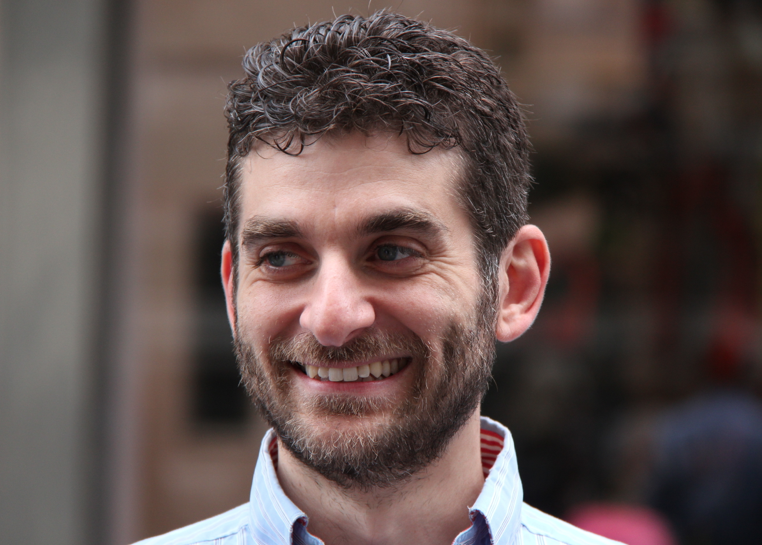 Flavio Esposito
Flavio Esposito
Flavio Esposito is an Associate Professor with the Department of Computer Science and a Fellow of the Research Institute at Saint Louis University (SLU). He received an M.Sc. degree in Telecommunication Engineering from the University of Florence, Italy, and a Ph.D. in computer science from Boston University. Flavio's main research interests include network management, network virtualization, distributed systems such as cyber-physical systems and cyber-human systems, and applied artificial intelligence. Flavio has several years of industry experience as a software engineer and has served as a consultant for several companies. He is the recipient of several research awards, including six from the US National Science Foundation.
 Guido Marchetto
Guido Marchetto
Guido Marchetto is Associate Professor at the Department of Control and Computer Engineering of Politecnico di Torino, where he is a member of the Computer Networks Group (Netgroup). From 2019 he is scientific coordinator of the HPC@Polito initiative, a center offering high performance computing facilities to internal and external researchers. In 2008, he visited the Web and InterNetworking Group (WING) at Boston University (USA). Finally, he collaborated with the Department of Information Engineering and Computer Science of the University of Trento from 2004 to 2009. He participated in the program committees of several international conferences and workshops and he is an Associate Editor of the IEEE Transactions on Vehicular Technology. He also actively collaborates with industries and he participated to several EU-funded research projects. His research interests focus on learning-based solutions for network management and on formal verification of security and safety policies in distributed systems. The research mainly refers to critical systems, such as industrial networks and disaster recovery scenarios. His interests also include general aspects of networking, ranging from novel network protocols and architectures to novel network services and technologies.
TUESDAY, MAY 8th 2023
| 13:30-17:00 |
TU2: Deploying traditional machine learning techniques in the data plane using P4 Room: 114 Speakers and presenters:
Sergio Gutierrez, Universidad de Antioquia, Colombia
Juan Felip Botero, Universidad de Antioquia, Colombia
Adrian Lara, University of Costa Rica, Costa Rica
|
Abstract: Programmable Data Planes have created an expanded landscape for the complete realization of the Software Defined Networking paradigm. Programmability enables further customization of the logic of packet processing within forwarding devices. Thanks to the capabilities of Programmable Forwarding Devices (PFD), it is possible to implement personalized functions that make it possible to introduce additional intelligence for packet processing at the data plane while preserving the benefits of centralized logical view of the network state at the control plane. Among the functionalities that can leverage the capabilities of programmable devices, literature reports the incorporation of Machine Learning (ML) based algorithms for traffic analysis. In this tutorial, we provide a hands-on experience to implement supervised learning using different algorithms directly in the data plane. To do so, we first describe machine learning concepts and challenges that must be considered when designing, implementing and deploying machine learning in the data plane. Given the visibility that PFDs have of the traffic, while considering their computational limitations, it is possible to use these devices, located at the dataplane, to extract features that can be used either in very simple algorithms embedded into the PFD or passed up as input features to more complex algorithms executed as applications in the control plane. For this reason, this tutorial intends to explain how to connect the control plane with the data plane and we discuss how to decide where each functionality should be implemented taking into account the feasibility and tradeoffs associated with the deployment of the different supervised algorithms. This is mainly done by detailing how the knowledge coming from the machine learning models is translated into tables, actions, match fields, registers and metadata directly in the P4-enabled switch.
Biographies:
 Juan Felipe Botero
Juan Felipe Botero
Juan Felipe Botero (Member, IEEE) is an Assistant Professor at the Electronics and Telecommunications Engineering Department, University of Antioquia, Colombia. He received the Ph.D. degree in telematics engineering from the Technical University of Catalonia, Spain. In 2013, he joined GITA (Research Group on applied telecommunications) at the Electronics and Telecommunications Engineering Department. His main research interests include quality of service, software defined networking, network virtualization, resource allocation and network security. He teaches optimization courses at undergraduate level and Future Internet course (including SDN and programmable data planes). He has participated in several projects regarding new network management technologies (e.g. SDN and P4), cybersecurity and smart grid communications. His google scholar profile can be found here.
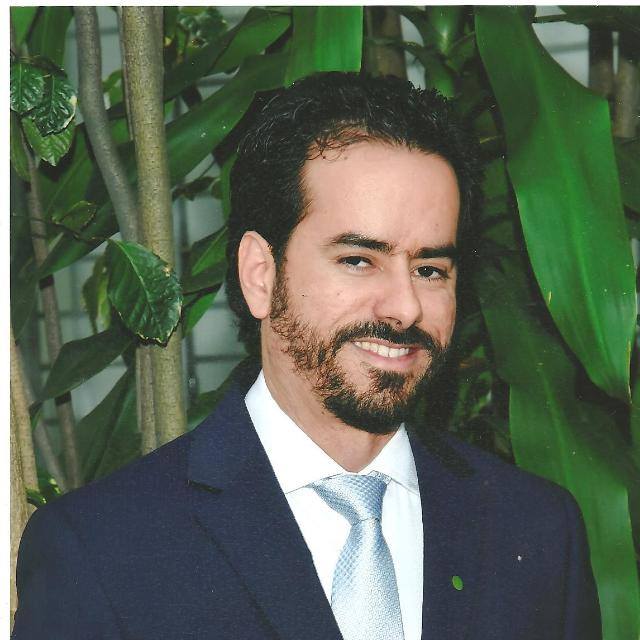 Sergio Armando Gutierrez
Sergio Armando Gutierrez
Sergio Armando Gutierrez holds a PhD in Computer Science from Universidad Nacional de Colombia, Medellíın (2018). He is currently a Postdoctoral Research Fellow at Universidad de Antioquia, former research lecturer at Universidad Autónoma Latinoamericana and Universidad de Medellín, and previously he has been also part time lecturer at Universidad de San Buenaventura and Universidad Nacional de Colombia. His research interests include Computer Networks, Security in Computer Networks, Data Center Networks, Software Defined Networks and Programmable Data Planes and application of Pattern Recognition and Machine Learning to Computer Networks. His google scholar profile can be found here.
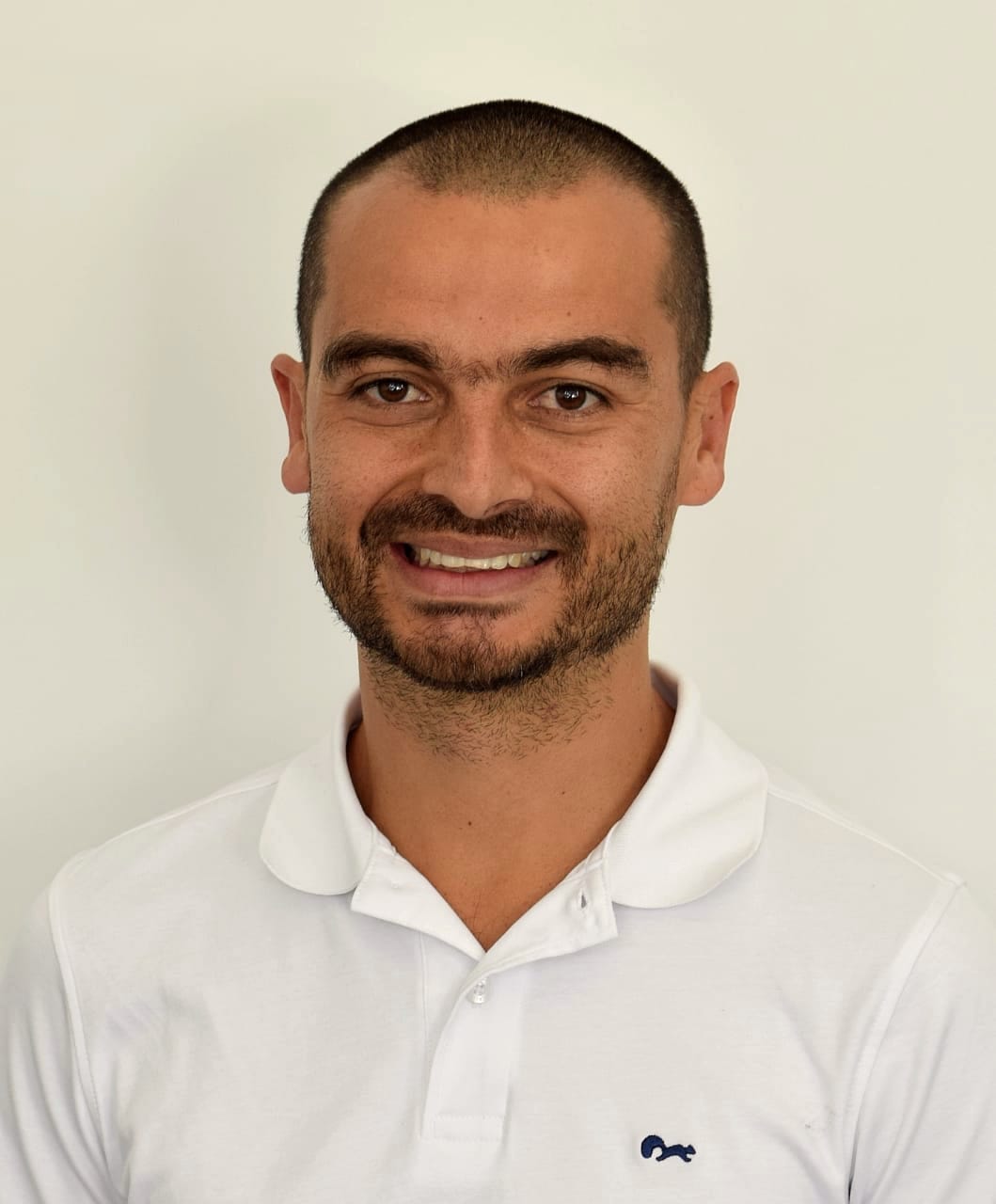 Adrian Lara
Adrian Lara
Dr. Adrian Lara is a professor with the Computer Science Department of the University of Costa Rica. He received his Ph. D. from the University of Nebraska-Lincoln in 2016. His research areas include programmable networks and smart buildings.
FRIDAY, MAY 12th 2023
| 09:00-12:30 |
TU3: Recent Advances in Data Engineering for Telecommunication Networks Room: 114 Speakers and presenters:
Engin Zeydan, Centre Tecnològic de Telecomunicacions de Catalunya, Barcelona, Spain
Josep Mangues-Bafalluy,, Centre Tecnològic de Telecomunicacions de Catalunya, Barcelona, Spain
|
Abstract: To address the complex issues that larger and highly integrated networks face in the design, analysis, deployment and management phases, recent advances in data science and engineering technologies in both academia and industry have spurred the adoption of various Artificial Intelligence (AI)/Machine Learning (ML) platforms and frameworks in telecommunication network infrastructures.
In this tutorial, we aim to provide a comprehensive and thorough overview of the recent advances in data engineering frameworks and link the capabilities of the data engineering ecosystem with a possible connection to future telecommunication systems in the context of network management and orchestration. Some special features of this tutorial are: a clear link between the data engineering ecosystem (including data connection, data ingestion, data processing & analysis, data storage, data monitoring & visualization and data management & orchestration frameworks) and recent developments in networking, an overview of standardization efforts in network management and orchestration and how these can be related to data engineering frameworks and related data engineering use cases for telecommunications networks will be discussed. Two examples on log management of Network Function Virtualization service orchestration and AI/ML-driven scaling of digital service will also be demonstrated. Finally, gap analysis, challenges, and future directions will be discussed.
Biographies:
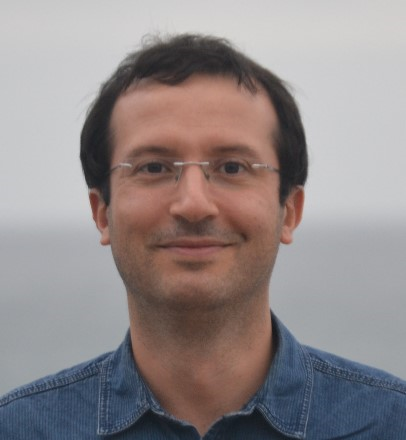 Engin Zeydan
Engin Zeydan
Engin Zeydan received the PhD degree in February 2011 from the Department of Electrical and Computer Engineering at Stevens Institute of Technology, Hoboken, NJ, USA. Since November 2018, he has been with the Communication Networks Division of the CTTC working as a Senior Researcher. He was a part-time instructor at Electrical and Electronics Engineering department of Ozyegin University Istanbul, Turkey between January 2015 and June 2018. His research areas include data engineering/science for telecommunication networks.
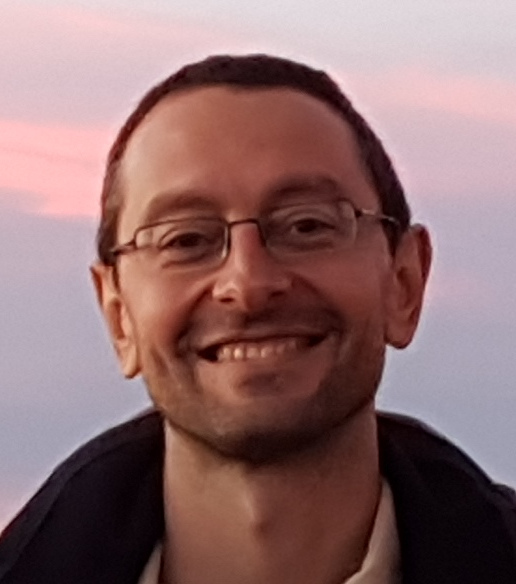 Josep Mangues-Bafalluy
Josep Mangues-Bafalluy
Josep Mangues-Bafalluy received the PhD degree in Telecommunications in 2003 from the Technical University of Catalonia (UPC). He is Research Director and Head of Services as networkS research unit of the CTTC, where he also coordinated other groups since June 2003. He was assistant professor at various schools of UPC, researcher in the Dept. of Computer Architecture of UPC, and software developer in a SME. He has published 120+ journals/magazines and international conference papers through collaborations with multiple research groups. Since July 1997 he has participated in around 40 EU, Spanish, and industrial research projects in various roles (incl. PI). He was vice-chair of IEEE WCNC’18 and acted in various roles in other conferences. He was advisor of four defended theses and is supervising two PhD students. Current interests are: Cloud/Edge computing, SDN, NFV in mobile networks (incl. open RAN) and data science/engineering- and AIML-based service and network management automation and orchestration.
FRIDAY, MAY 12th 2023
| 13:30-17:00 |
TU4: Enabling Technologies for Operations and Control Network Room: 114 Speakers and presenters:
Kiran Makhijani, Futurewei Technologies, CA, USA
cedric Westphal, Futurewei Technologies, CA, USA
Lijun Dong, Futurewei Technologies, CA, USA
|
Abstract:Two trends are conflating that motivate this tutorial: the massive growth of machine-to-machine communications (including IoT networks) and the need for agile open interoperable protocols to deploy in the currently walled garden of industrial networks as they expand to a global reach. Cloud-native network protocols are necessary that challenges the current network architectures in currently proprietary and isolated control systems. This tutorial provides a deep dive into the design and realization of a converged Industrial IoT network framework. This framework called Operations and Control Networks (OCN) supports all the primitives necessary for automation in the industry processes. We formalize OCN as a generalized model based on a set of fundamental principles derived from the Operational Technologies (OT) framework. The goal of OCN is to open up the walled gardens of current industrial network to the open protocols and technology of the Internet.
The tutorial will describe the need and emerging use cases for the OCN. It then goes into the theoretical foundations of this model in a technology-agnostic manner. Finally, we will present a realization of OCN with a practical hands-on example and will also demonstrate the application on factory floor.
Biographies:
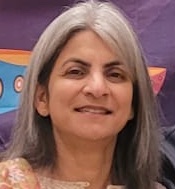 Kiran Makhijan
Kiran Makhijan
| Kiran Makhijani is Principal Research Scientist at Network Technologies Lab, Futurewei USA. She is responsible for innovations in next-generation network technologies and architecture. Her recent work involves network stack evolution for Industrial IoT enabling OT/IT convergence including other aspects such as decentralization of industrial operations from factory floors to the edge networks. Kiran has contributed to several standards bodies (ETSI, ITU, IETF). Her experience areas cover all things networking such as cloud scale routing, identity-oriented networking, 5G backhaul optimizations and Network Slices. Currently, Kiran is serving as a co-chair of newly formed IETF working group on Stub Network Auto Configuration (SNAC). |
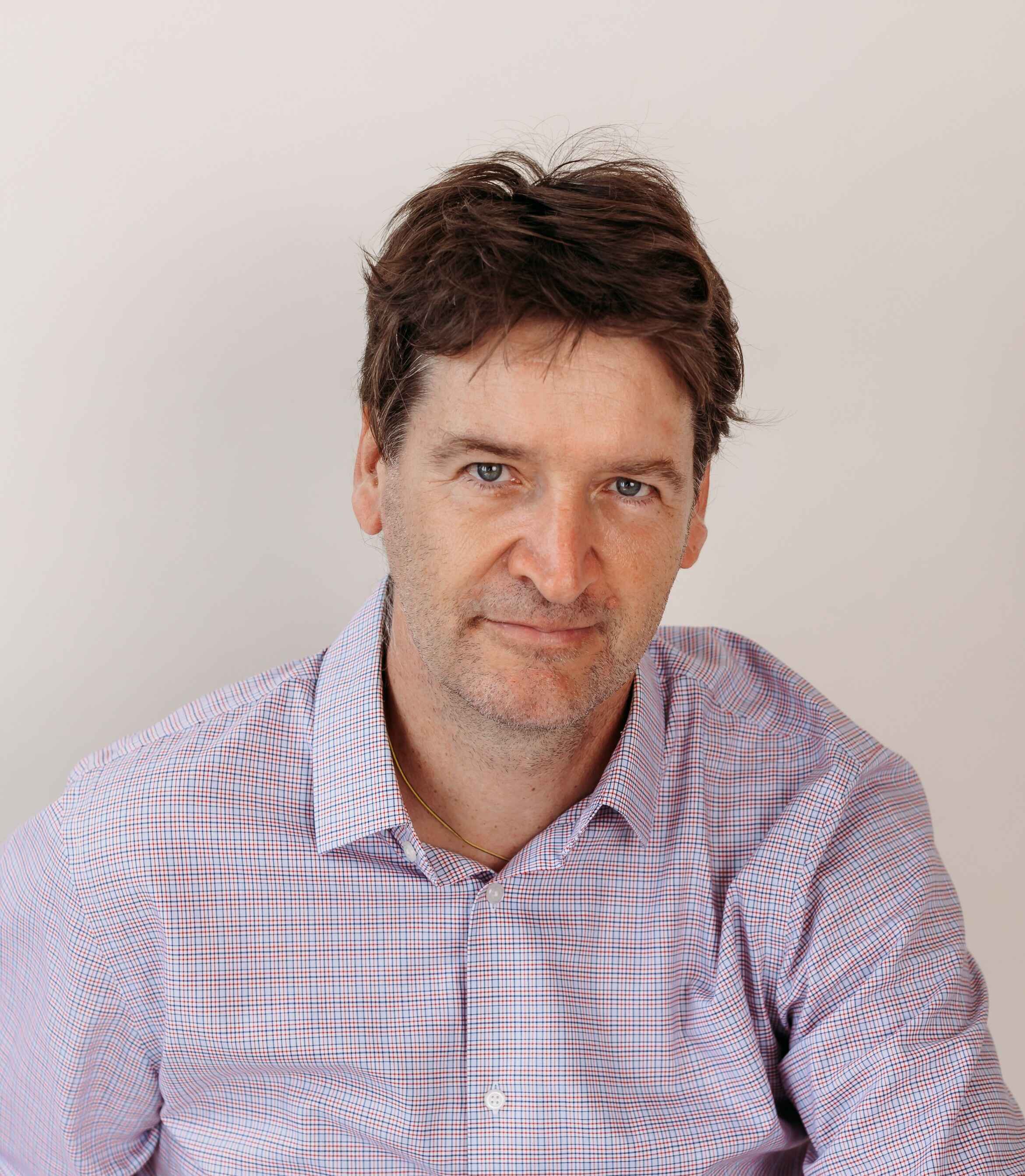 Cedric Westphal
Cedric Westphal
Cedric Westphal is a Principal Research Architect with Futurewei working on future network architectures, both for wired and wireless networks. His current focus is on next generation Internet. He was an adjunct assistant, then associate professor with the University of California, Santa Cruz from 2009 to 2019. Prior to Futurewei, he was with DOCOMO Innovations from 2007 to 2011 in the Networking Architecture Group focusing on next generation network architectures. He was at Nokia Research Center (now Nokia Bell Labs) from 2000 to 2006. He has received a MSEE in 1995 from Ecole Centrale Paris, and a MS (1995) and PhD (2000) in EE from the University of California, Los Angeles. From 1997 to 2000, he was a visiting researcher at Stanford University. Cedric Westphal has authored and coauthored over a hundred journal and conference papers, including several best paper awards at conferences such as IEEE ICC’11, IEEE ICNC’18, IEEE MuSIC’16 and others. He has been awarded over thirty patents. He has received the IEEE Communication Society IINTC 2018 Technical Achievement Award to “recognize a lifelong set of outstanding technical contributions in the area of information infrastructure and networking.” He was an area editor for the ACM/IEEE Transactions on Networking, an assistant editor for (Elsevier) Computer Networks journal, and a guest editor for Ad Hoc Networks journal and ACM/IEEE JSAC. He has served as a reviewer for the NSF, GENI, the EU FP7, INRIA, and other funding agencies; he has chaired the technical program committee of several conferences, including IEEE ICC (NGN symposium), IEEE NFV-SDN or IEEE IPCCC, and he was the general chair for IEEE INFOCOM 2016. He is a senior member of the IEEE.
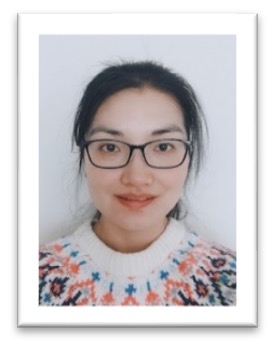 Lijun Dong
Lijun Dong
Dr. Lijun Dong is a Principal Architect at Futurewei Technologies, USA. She has broad and in-depth research in the areas of Internet of Things, Machine-to-Machine communications, Information-Centric Networking and Future Internet Architecture for more than a decade. She is one of the voting members of ComSoc Industry Communities Board (2022-2023). She was one of the board members of the WOCC conference 2017-2018. She won Futurewei President Awards in 2020, InterDigital Innovation’s Awards in 2013, travel grant of Globecom 2009. She received best paper awards in WOCC 2018, AFIN 2018, Internet 2021. She has been an active and influential contributor, and responsible for internal strategy development and execution for standards, including oneM2M, IETF, 3GPP and ITU. She is the major inventor to 100+ granted patents. She has 60+ publications and several book chapters.





